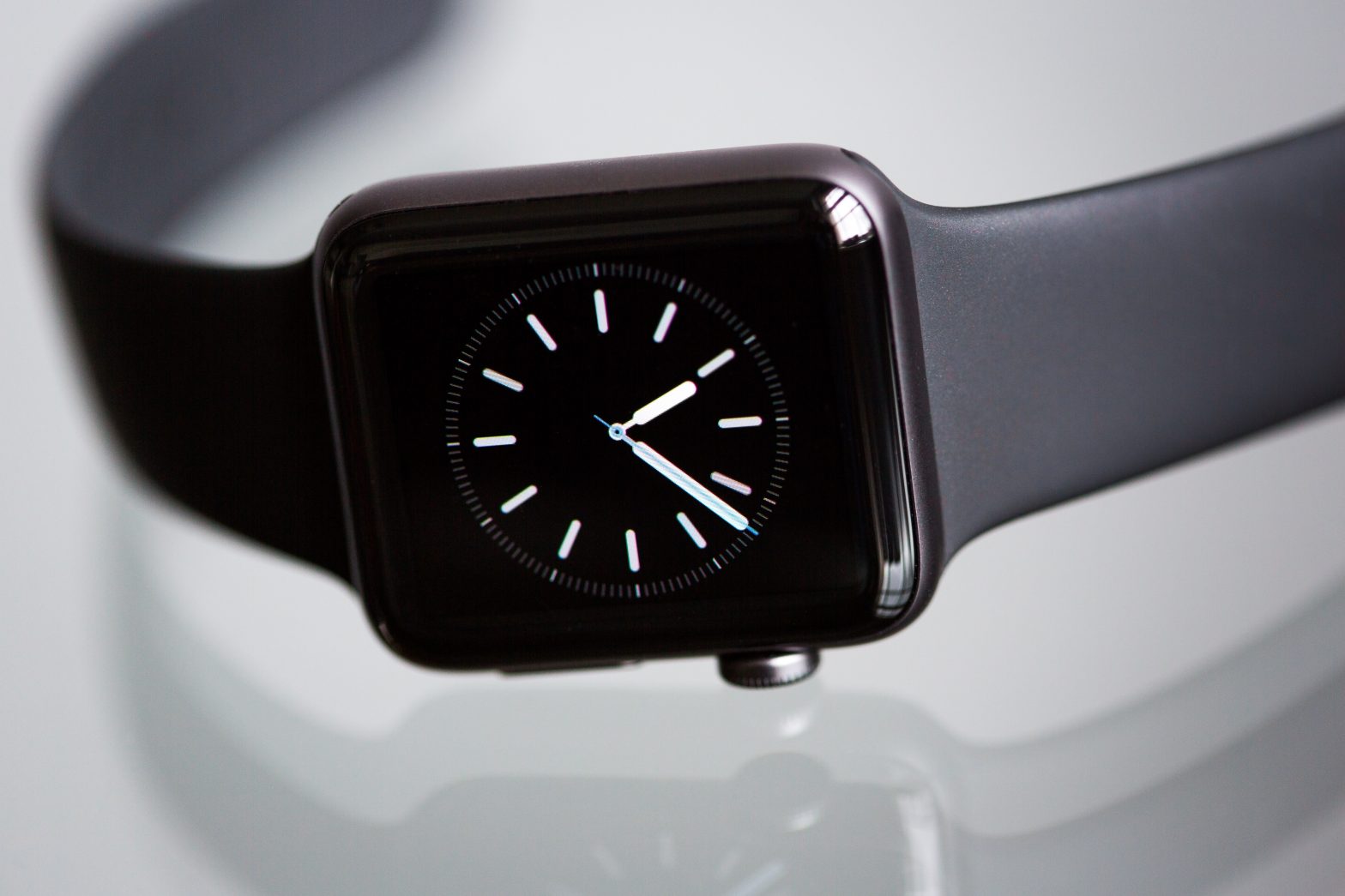The South Korean technology giant, Samsung, ranked by Forbes in 2020 as the 8th largest company in the world, has found itself on the receiving end of a decision by the UK’s High Court which determined the technology company to be held liable for trademark infringement.
In principle, this came down to the fact that a number of apps on the Samsung app store infringed trademarks owned by the Swatch group, a Swiss manufacturer of watches and jewellery which is perhaps best known for its eponymous Swatch line.
Swatch brought forward a trademark infringement against Samsung in relation to 30 apps which were made available on the Samsung App Store between October 2015 and February 2019, which Swatch claimed infringed 23 of their trademarks.
The case, Montres Breguet SA and others v Samsung Electronics Co Ltd and another [2022] EWHC 1127 (Ch), offers a lesson for app store developers regarding trademark infringement, namely that they could be found liable for apps created by third-party app developers on the app store.
The apps in question which were listed on the Samsung Galaxy App store would allow a Samsung smartwatch to replicate the look of a Swatch group watch, including world-renowned brands like Swatch, Omega and Tissot. These apps were downloaded in the European Union approximately 160,000 times in the UK and the European Union.
Keep reading to learn more about the case, and the consequences it has for UK and EU intellectual property and commercial law.
Montres Breguet SA and others v Samsung Electronics Co Ltd and another [2022] EWHC 1127 (Ch)
In this case, the High Court was asked to take into consideration whether each of the 30 apps in question infringed the trade marks of Swatch group, as well as the extent of said infringement by Samsung, the app store operator.
The judge found that Samsung should be held liable due to the level of control it held over the publishing process for Swatch apps, which incidentally had been developed by third party app developers. As a result, the court found that Samsung had indeed ‘used’ the trademarks, despite its protestations. The trade mark infringement which Swatch argued Samsung committed was Article 9 (2) of Regulation (EU) 2017/1001]
While Samsung’s defence claimed that they merely permitted third parties to offer apps to the public through the app store, and didn’t actually use the infringing Swatch signs, Swatch offered evidence that Samsung’s conduct was active which meant that it amounted to the term of ‘use’.
For instance, before appearing on the Samsung Galaxy App store, it was evidenced that Samsung actively reviewed and approved the apps for people to download and customize their Samsung watches. This therefore allowed the face of Samsung smartwatches to mimick those of luxury watch brands like Swatch, Omega and Tissot, to name but a few.
Referring to this, Judge Falk stated: “I do not accept Samsung’s arguments that app downloads were simply procured by customers for their own personal use, such that there was no use in the course of trade. As with the rest of the process, their provision to customers was orchestrated by Samsung.”
Samsung also dealt with customer complaints and provided customers with support in relation to the apps in question.
“In my view, there was active behaviour by Samsung in relation to the apps and control by it of their availability, and Samsung was using the apps, and the signs contained in them, in its own commercial communications,” the judge noted.
What can we learn from this judgement?
The judgement of this case tells us that going forward, courts are now perhaps more likely to find app store developers liable when it comes to apps developed by third parties.
In particular, the judgement makes a distinction between online marketplaces such as eBay compared to app store operators like Samsung which are actively involved in the app publishing process.
While online marketplaces such as eBay play a neutral role between the buyer and seller without playing an active role over the way they are advertised, in the case of an app store like the Samsung Galaxy App store, the products created by third party developers which are advertised and sold directly relate to the goods/products sold by the app store operator.
App store developers should make sure that there are processes in place to ensure that they can identify whether there are apps which are in danger of infringing trade marks that are featured on their app store.
Have questions? Get in touch today!
Call us on 020 7928 0276, phone calls are operating as usual and will be taking calls from 9:30am to 6:00pm.
Email us on info@lisaslaw.co.uk.
Use the Ask Lisa function on our website. Simply enter your details and leave a message, we will get right back to you: https://lisaslaw.co.uk/ask-question/
Or, download our free app! You can launch an enquiry, scan over documents, check progress on your case and much more!




